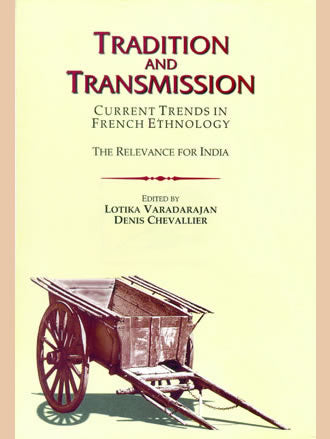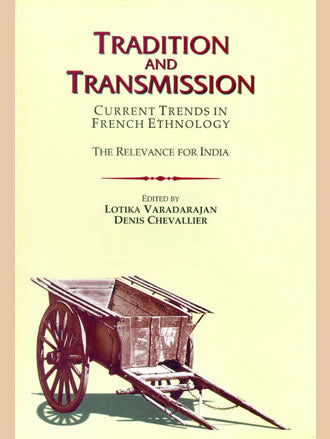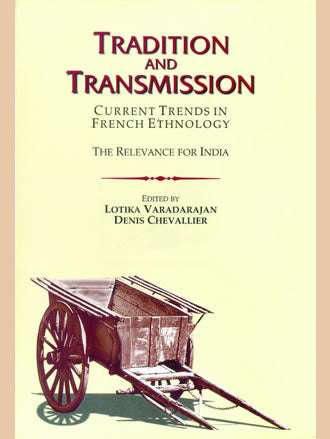TRADITION AND TRANSMISSION : Current Trends in French Ethnology - The Relevance for India
TRADITION AND TRANSMISSION : Current Trends in French Ethnology - The Relevance for India is backordered and will ship as soon as it is back in stock.
Couldn't load pickup availability
Genuine Products Guarantee
Genuine Products Guarantee
We guarantee 100% genuine products, and if proven otherwise, we will compensate you with 10 times the product's cost.
Delivery and Shipping
Delivery and Shipping
Products are generally ready for dispatch within 1 day and typically reach you in 3 to 5 days.
- Total Pages: xxvi + 284
- Format: HB (Hardback)
- ISBN: 9788173052590
- Edition: 1st
- Publisher: Aryan Books International
- Book Size: 15 cm x 22 cm
- Year of Publication: 2003
In a world increasingly sanitised by globalization, the concept of conservation of ethnological heritage becomes ever more relevant. The process of French decolonisation generated new cultural perspectives. There was a growing perception that the cultural markers, which constituted the ethos of a particular group or community, deserved the same degree of recognition and protection as that accorded to natural diversity. The hazards posed by the growing tentacles of mainstream culture were also becoming increasingly evident. It was in this context that the discipline of French ethnology was consciously forged and developed. The book covers the history and institutionalisation of the discipline. The new dynamics invited fresh anthropological perspectives resulting in the opening up of the field of applied anthropology. The question of the transmission and mapping of savoir-faire, that universe of traditional understanding and skill, in a world transformed by industrialisation, has also been analysed in depth. Despite the wide-ranging, sometimes fundamental differences, between India and France, these are all common concerns although perhaps of greater immediacy in the Indian situation. The tools of enquiry, which have been developed in France, are, thus, of great relevance to the Indian context, as will be demonstrated by the articles published in this volume. Being interdisciplinary in nature, this work is bound to appeal to the historian, the anthropologist and to all those who wish to forge a continuum between the mainstream and little known alternative sets of vision.





